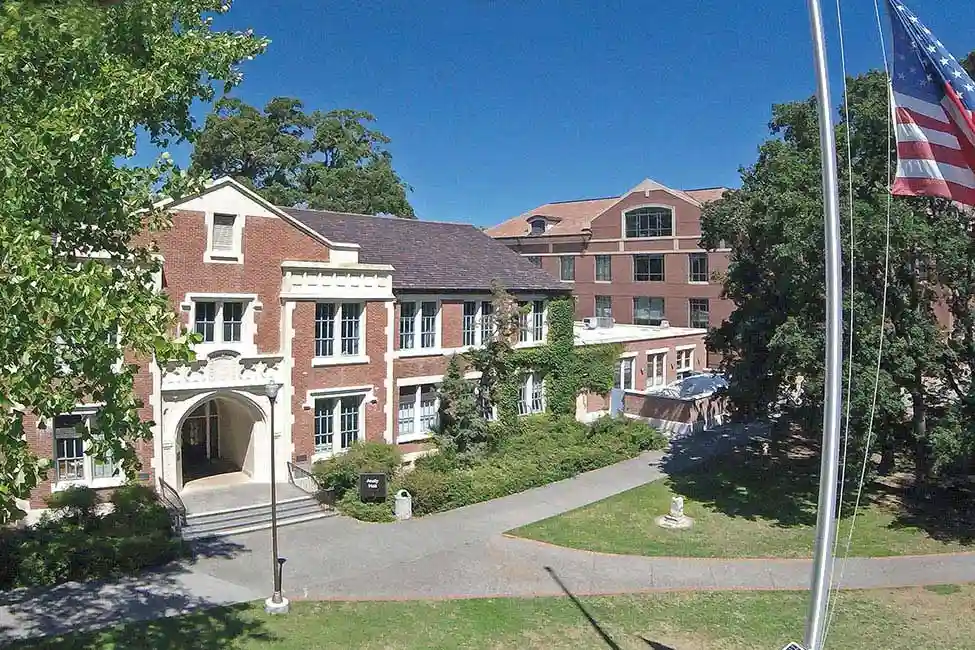MOOCs, or Massive Open Online Courses, are a new trend in US universities that offer global education in a highly accessible yet inexpensive context. All you need is access to a computer. The courses are offered for free with an optional test on the course material offered for a small fee.
While some are quick to argue that this "free education" is doing a disservice to traditional university education which relies on tuition fees for financial support, what is actually taking place is the offering of a "leg up" to would-be students from all over the world. Taking a MOOC-style course will probably not be enough to get you your ideal job, but it could offer a little extra help in getting accepted to a US school. The courses are being taught by some of the most respected professors in the United States, and the world, and the small certification given by the passing of the post-course test could get you noticed when you're applying to schools.
You may even be able to use your MOOC credits toward your degree education. MOOC facilitating organization Udacity has announced that
Colorado State University's Global Campus will award transfer credits for one of its computer science classes. These methods of teaching are now reaching about 200 countries in 44 languages, with 4500 testing centers around the world. They are also being integrated into current degree programs.
According to a March 4th, 2012, New York Times article, course subject titles for current and developing classes include Machine Learning, Introduction to Databases, Artificial Intelligence, Circuits and Electronics, Anatomy, Cryptography, Game Theory and Natural Language Processing.
Companies like Udacity (founded February 2012), Coursera (founded April 2012) and Harvard-MIT collaboration edX (founded April 2012) are organizing the courses in such a way that anyone can have access to a slice of higher education. Now institutions such as Stanford University (Coursera and Udacity were both formed in part by Stanford professors) as well as many others, such as Georgia Institute of Technology, University of California, Berkeley, University of California, Irvine, University of Florida, University of Pennsylvania, University of Washington, Georgetown University, Rice University, and Indiana University, are creating courses to supplement their on-site school curriculum.
Another plus that's coming out of the MOOC trend is the increasing development of social networks among students. In a Nov 2, 2012 article in its Education Life section, the New York Times stated that "meet-ups" are being organized in over 1,400 cities globally, in places like Beijing, Singapore, Barcelona and Coimbatore, India. And social interactions among students have been proven to be a very important learning and academic success component.

Udacity's inaugural class on artificial intelligence, taught by a star Stanford University professor and Google's similarly renowned director of research, attracted 160,000 students from 190 countries. The number of students from
Lithuania who signed up for Udacity's first class exceeded 15,000. According to
Wikipedia's Udacity profile, a new course in entrepreneurship, taught by retired entrepreneur
Steve Blank, was announced on 23 August 2012. And four new specialized
Computer Science courses were announced as part of collaboration with
Google,
Nvidia,
Microsoft,
Autodesk,
Cadence Design Systems, and
Wolfram Research on 18 October 2012, to be launched in early 2013.
And new online teaching techniques, such as embedded quizzez - in which every student who chooses to gets to interact with the professor - are being introduced regularly in order to make the learning experience as fulfilling as it can be. Courses are being designed not just as dry, video-taped lectures, but with as much student engagement and interaction as possible with the ultimate goal being optimal student learning outcome.
In today's world economy, almost everyone needs assistance in pursuing their dream. In a similar vein, schools are also looking for ways of promoting their offerings. When times are hard financially, universities and community colleges see a rise in enrollment but also in interest from students who have very limited resources.
One positive that has come out of our recent economic times is these innovative teaching methods and arenas in which to reach students all over the world. If a college or university counts a world renowned physicist as one of its assets, then why not let as many people as possible have access to that person's knowledge and expert teaching abilities in order to promote the high level of education offered by that school? Of course, taking an online course is not going to be the same as taking an actual class at a school or university. Interpersonal communications are greatly enhanced within an in-person classroom setting. And when there are thousands of other students taking the course your chances of interacting online with the professor are limited.
But MOOCs have their benefits, for all participating parties, and shouldn't be ruled out. You may not get a chance to take a course from a particular scholar whose work or research you admire at the university you eventually receive your degree from, but with this new style of educational supplementation, you can get the best of all worlds.
Click here for a brief infographic history of the MOOC.

















